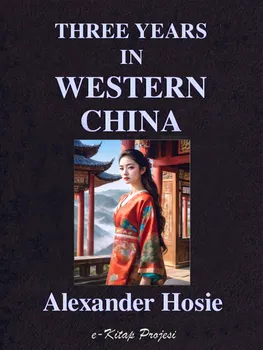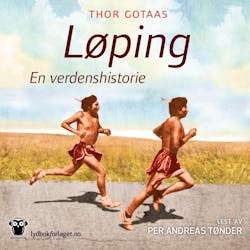The most interesting part of China, from a geographical and ethnological point of view, is the West—geographically, because its recesses have not yet been thoroughly explored, and ethnologically, because a great part of it is peopled by races which are non-Chinese, and one at least of which, though nominally owing allegiance to the Great Khan, is in reality independent. It was my fortune to be stationed in Western China from 1882 to 1884, and, during these three years, I was enabled, in the performance of my duties, to collect information regarding the country and its people; and it is in the hope that this information may not be unacceptable that I venture to lay the following pages before the public.
Reports of the journeys which I made in Western China during the above years have already appeared in the shape of Parliamentary Papers; but, written as they were without any idea of publication and intended as mere trade notes, strung together from day to day on the march, they are not sufficiently connected to present a fair picture of this remote region.
That part of Western China, with which I am personally acquainted and with which I propose to deal, lies to the south, and embraces the provinces of Ssu-ch’uan, Kuei-chow and Yun-nan, which, interesting in themselves, have become of considerable importance since the extension of the Indian Empire to the frontier of China and the absorption of Tonquin by the French.
THE WAY THITHER.
The great highway to the West is the River Yang-tsze. By the Agreement of Chefoo of September, 1876, the port of Ichang, situated on the north bank of the Yang-tsze about a thousand miles from the sea, was opened to foreign trade and foreign steam navigation; and, by the same Agreement, the residence of a Consular Officer at the city of Ch’ung-k’ing, in Ssu-ch’uan, to watch the conditions of British trade, was provided for. It was to take up this post that I left Wuhu towards the end of October, 1881.
On arrival at Hankow, I discovered that the steamer, which had for some years been employed to run to Ichang, was undergoing extensive repairs at Shanghai, to better fit her for the navigation of the Upper Yang-tsze, and that another and larger steamer belonging to the same Company had just returned from Ichang with little hope, owing to the sudden fall of the river, of being then able to make another trip. A large quantity of cargo, however, which had accumulated at Hankow, induced the Company, much against the captain’s will, to send the steamer forward again; but, drawing only nine feet, she was unable, after a day’s journey, to push her way through six feet of sand and water, and had to return. After about a month’s delay, the smaller steamer arrived at Hankow, and, laden to six feet, reached Ichang with considerable difficulty on the 17th of December, the trip having occupied eight days.
On this section of the river, navigation commences at daybreak, and, unless there is good moonlight, ceases at dark. Owing to the shifting sands, which constitute the bed of the river, the channel is constantly changing, and it is not uncommon to find the passage, which the steamer took on the up passage, completely barred on the down trip. The consequence is that soundings have constantly to be taken, and delay is the result. This refers to the winter months only, when the river is low, as, during high water, little difficulty exists, and the distance has been covered in fifty hours.
The selection of Ichang as an open port has frequently been called in question, and it has been pointed out that Sha-shih, a town farther down the river and one of the six calling stations for steamers, would have been a preferable choice. Much may be said for Sha-shih, which is the principal terminus of the junk traffic between Ssu-ch’uan and the eastern provinces of China, but statistics clearly prove that Ichang has after all been a success.











